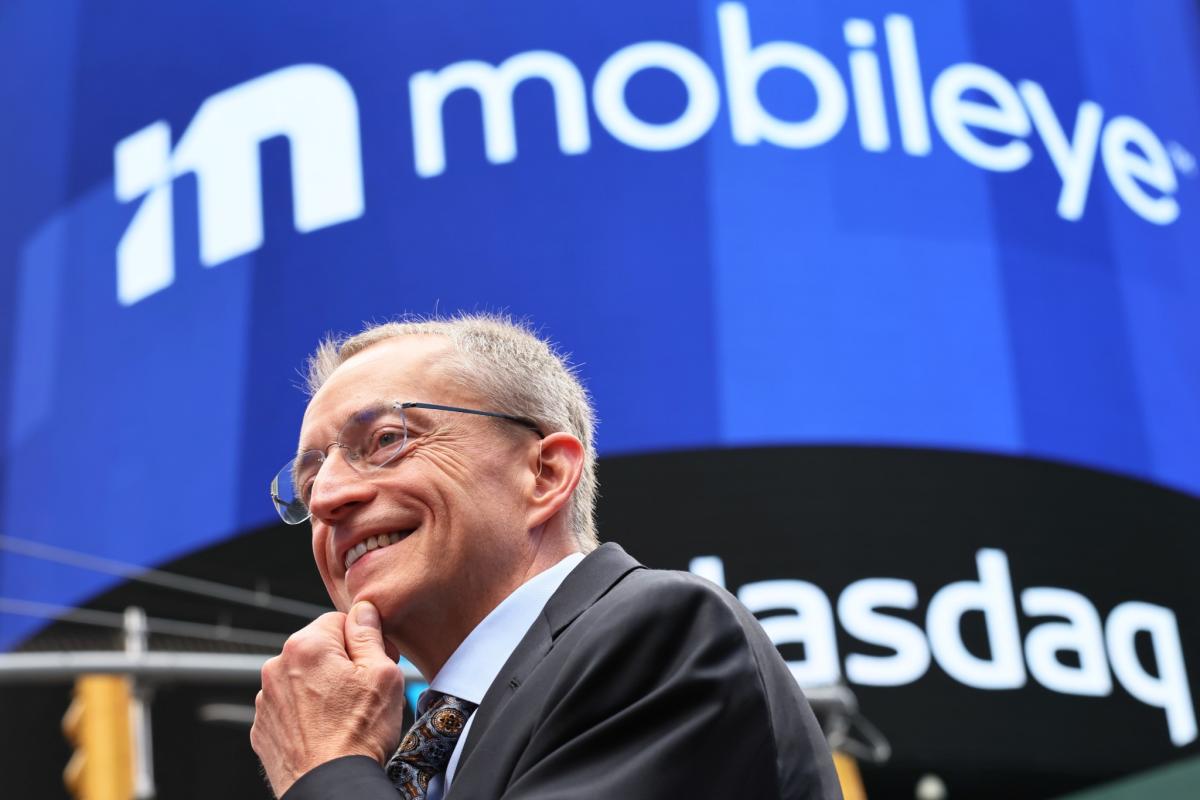Don’t be fooled—the Intel saga isn’t what it seems. Recent coverage narrates the sad decline of a once-great American company, with the outcome looking dim. But the story is really a high-stakes thriller leading to an uncertain resolution that could carry global implications. It may take years to play out, but seeing the big picture makes each day’s news far more interesting.
Understand first what Hollywood scriptwriters call the backstory: Intel for decades dominated the global semiconductor industry, designing and manufacturing leading-edge chips. But starting around 2000 it began to fall behind, missing the bonanzas in cellphone chips and then the chips that fuel the AI revolution (note that Nvidia designs chips but doesn’t manufacture them). By 2021, Intel’s chips had fallen two generations behind the leading edge, an unprecedented and humiliating position. In crisis mode, the board brought back an Intel veteran who had left in 2008, Pat Gelsinger, to lead a rescue mission as CEO. (You can read my full case study for Fortune about how Intel lost its edge here.)
Gelsinger launched an ambitious, expensive, high-risk strategy to bring Intel back to the global forefront. He knew reaching that goal would take several years if it could be done at all. He negotiated with ASML, the only company in the world that makes machines necessary for manufacturing leading-edge chips, to sell Intel the first machine that would produce a new generation of chips. He poured many billions of dollars into capital investments that wouldn’t pay significant returns for years.
That’s the foundation of what we mostly read and hear about Intel today. All that capital is costing Intel nearly $16 billion a year, as calculated by ISS EVA, without much to show for it so far. The company announced in August it will lay off 15,000 employees and “stop all non-essential work.” Add recent rumors that Qualcomm might want to buy Intel, and we have the sad-decline narrative.
But that version of the story overlooks the most interesting part—the grand-strategy-great-powers-geopolitics element. Semiconductors are crucial strategic products for both America’s and China’s national security, and only three companies can make leading-edge chips: Taiwan Semiconductor Manufacturing Company (TSMC), South Korea’s Samsung, and Intel, which ranks a distant third in output. That’s why bipartisan congressional majorities in 2022 passed the CHIPS and Science Act, which subsidizes new chip factories in America. Commerce Secretary Gina Raimondo in February explained why: “We cannot allow ourselves to be overly reliant on one part of the world for the most important piece of hardware in the 21st century.”
Most of the CHIPS Act subsidies have been disbursed, with the biggest package—some $20 billion in direct funding and loans—going to Intel, which is building two huge fabs in Arizona and two more in Ohio, among other projects. Big subsidies are also going to TSMC (building three fabs in Arizona) and Samsung (three fabs in Texas).
When the U.S. is the only country where all three of the world’s leading chipmakers run major production operations, international relations become more complex. That’s just the beginning of the complexity. For more intrigue, add the element of time. Intel hopes to start production of leading-edge chips in at least one fab by the first half of 2025, though the volume is not clear. Gelsinger has said Intel’s financial rehabilitation won’t be complete until 2030 or beyond, and he told Fortune in March, “I fully expect that we’ll need a CHIPS Two. Thirty years of poor economic policy cannot be fixed in a three- to five-year CHIPS One program.” TSMC also plans to begin production at one of its new U.S. fabs next year, but it won’t be producing leading-edge chips there until 2027 or 2028. It will, however, be producing those chips in Taiwan earlier. Meanwhile, Xi Jinping has declared a goal of making China self-sufficient in chips, including leading-edge chips, by 2027. Separately, he has instructed his military to develop a plan for invading Taiwan by 2027.
The scenarios are easy to imagine. If China were to take over Taiwan, it would presumably take control of TSMC. Would the U.S. government shut down the company’s U.S. operations? Take them over? Leave them alone? Would Intel benefit? Or imagine an entirely different scenario in which China doesn’t invade Taiwan, but TSMC’s and Samsung’s U.S. operations outperform Intel, hobbling its commercial competitiveness? Would Washington inject more billions into America’s only plausible competitor at the forefront of “the most important piece of hardware in the 21st century”?
Investors, Wall Street analysts, competitors, suppliers, and customers must face a new reality: Intel is no longer a conventional company and can no longer be evaluated as one. It is rather the preeminent example of a trend identified by Lazard CEO Peter Orszag and colleagues, who wrote in a Foreign Affairs article that “a tectonic shift is taking place, one that is forcing corporations to become actors on the geopolitical stage.” In that unfamiliar and unsought role, Intel is the most visible example of those that “have become both the objects and instruments of foreign policy.”

Those calling Intel a company in decline are missing the point entirely—it’s now a corporate actor on the geopolitical stage
Investors, Wall Street analysts, competitors, suppliers, and customers must face a new reality: Intel is no longer a conventional company and can no longer be evaluated as one.
Last edited by a moderator:
